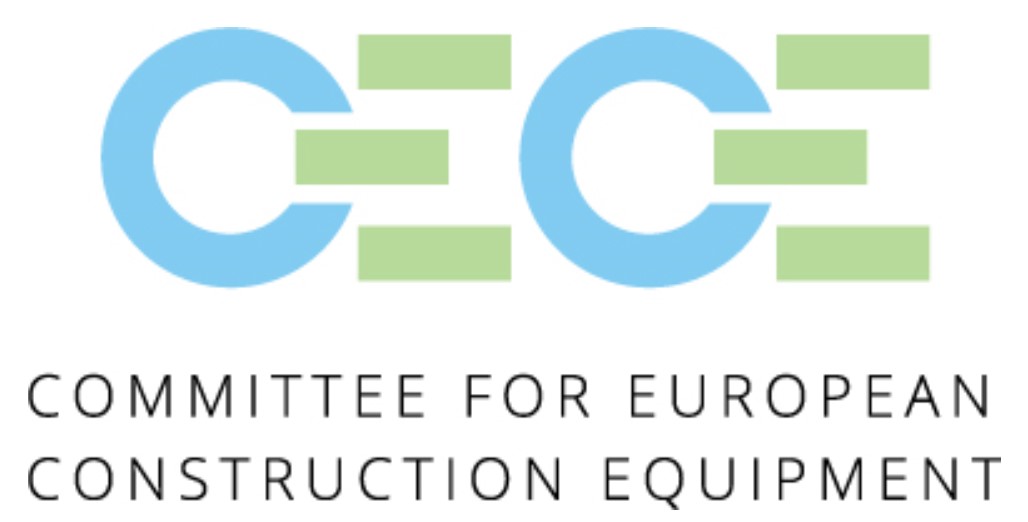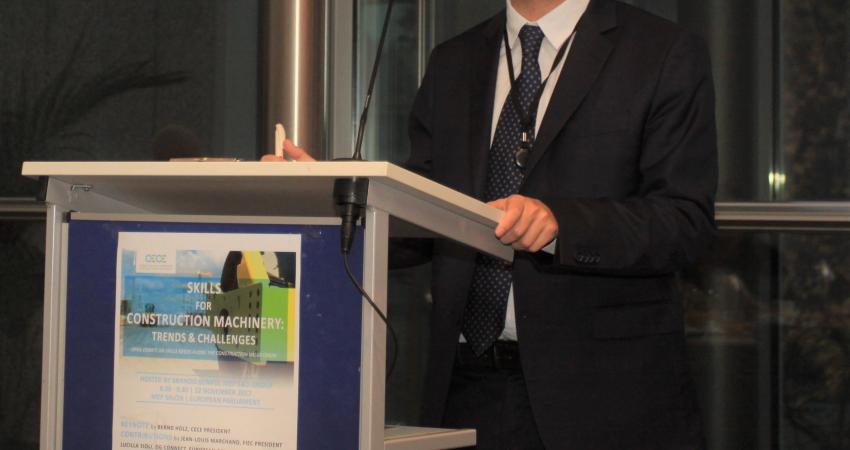
CECE says that, as a member of the Construction 2050 Alliance, it welcomes the priority given to the construction ecosystem as one of the sectors that faces the most important challenges in meeting climate and sustainability goals and in embracing the digital transformation.
The association said in a statement: "The opportunities construction is facing are significant and it plays a key role in the implementation of the main EU policy goals, but some bottlenecks must be addressed. Societal challenges such as the decarbonisation of the existing building stock, the adoption of new technologies to improve productivity, in particular data, emission reduction and the development of new high quality job profiles, just to name a few high-level priorities, can only be addressed in partnership between the European Commission and the construction industry through a bottom-up approach."
Riccardo Viaggi, CECE Secretary General, added that CECE strongly believes in the joint value-chain approach of the Construction 2050 Alliance and in the process of co-creating the policy framework with the European Commission. "As one of the founding partners of the Alliance, we will share the point of view of equipment manufacturers in the wider discussions impacting the whole construction ecosystem," Viaggi said.
The Construction 2050 Alliance has specifically welcomed the Strategy’s plan of transition pathways for key ecosystems such as construction, co-created together by the industry, Member States and the European Commission. It says such pathways will offer a better understanding of the scale, cost, long term benefits and conditions of the required action to accompany the twin transitions of the construction sector, which will be essential to achieve the goals of the European Green Deal and Renovation Wave.
CECE says that those involved in the construction value chain, gathered in the Construction 2050 Alliance, have already started looking into this co-creation process and stand ready to work with the European Commission.
The Construction 2050 Alliance states that - with the aim of improving the overall added value - the Commission’s High-Level Construction Forum must be the political sounding board to set the priorities that must be supported by the technical working groups. It adds that it is looking forward to defining with the Commission the actions and priorities for the twin transitions, which will enable resilience, competitiveness, good working conditions and sustainability in the construction ecosystem.








